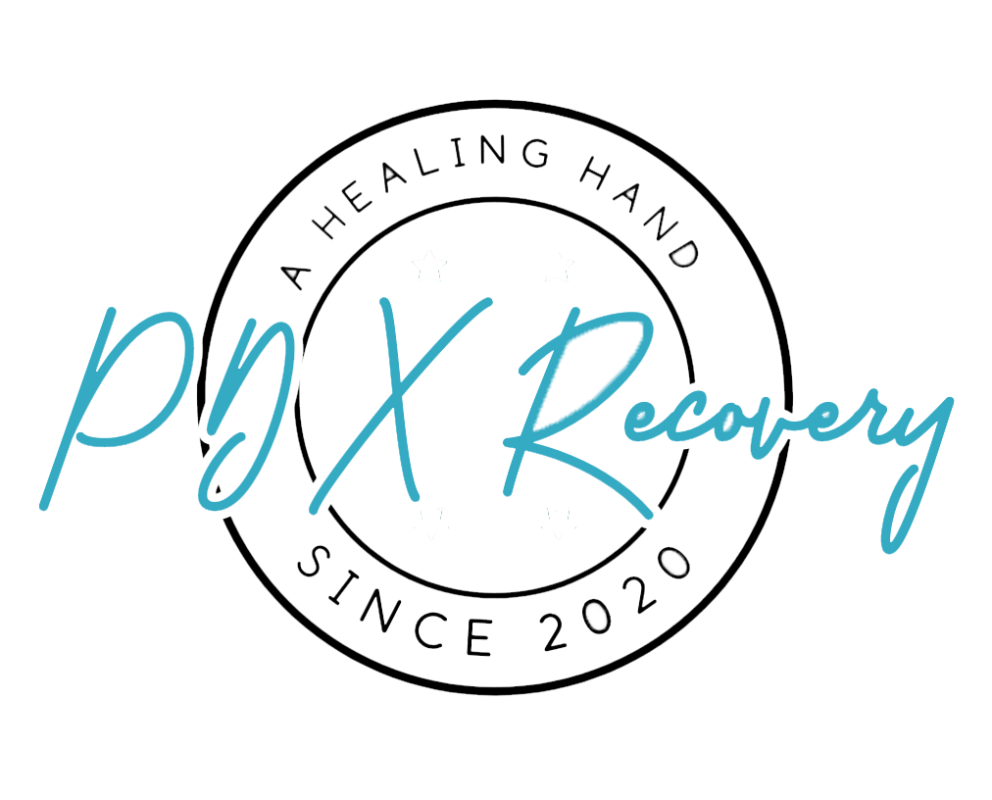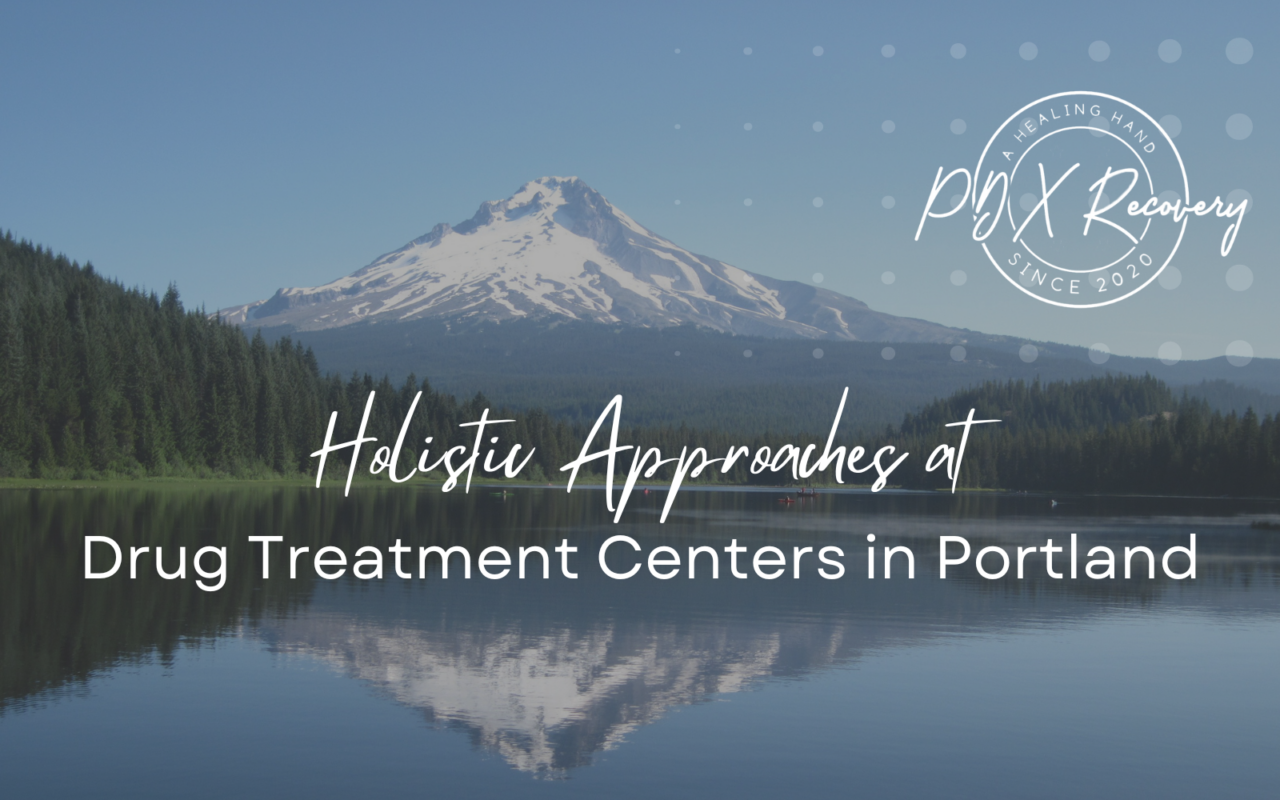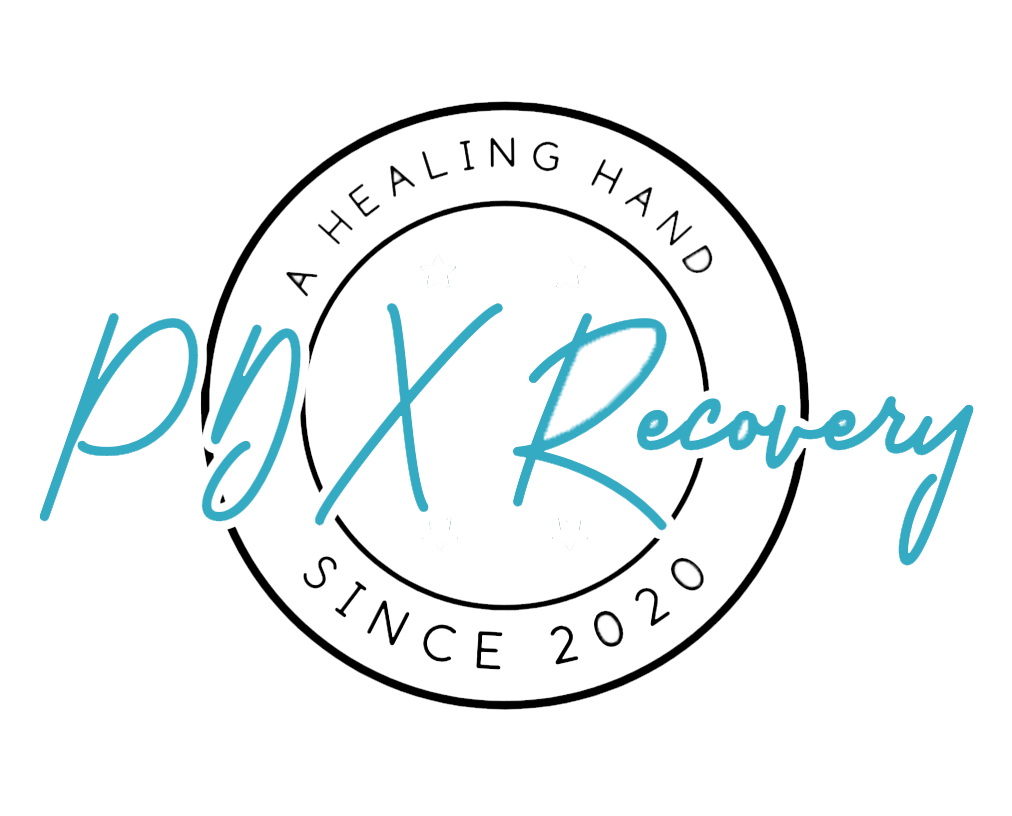In recent years, holistic approaches have become an integral part of treatment programs at drug treatment centers in Portland. These methods, which emphasize treating the mind, body, and spirit, are seen as complementary to traditional medical treatments, offering a more comprehensive path to recovery. This article delves into the holistic strategies employed by these centers and how they contribute to the overall well-being of individuals battling addiction.
Understanding Holistic Approaches at Drug Treatment Centers in Portland
Holistic approaches in drug treatment are designed to address the multifaceted nature of addiction. Rather than focusing solely on the physical aspects of dependency, these methods recognize the interconnectedness of mental, emotional, and spiritual health. Holistic therapies include a variety of practices that support overall wellness, aiming to create balance and harmony within the individual.
The Importance of a Comprehensive Treatment Plan
A comprehensive treatment plan is crucial for effective addiction recovery. Drug treatment centers in Portland incorporate holistic methods alongside conventional treatments to create a well-rounded approach. This synergy enhances the chances of long-term recovery, as it tackles the root causes of addiction and not just the symptoms.
Types of Holistic Therapies
Holistic therapies encompass a wide range of practices. Below are some of the most commonly used methods at drug treatment centers in Portland:
- Yoga and Meditation: These practices promote mental clarity and emotional stability. They help individuals develop mindfulness, which can be instrumental in managing cravings and reducing stress.
- Acupuncture: An ancient Chinese practice, acupuncture is used to alleviate withdrawal symptoms and promote relaxation. It helps in restoring the body’s natural energy flow.
- Nutritional Therapy: Proper nutrition is essential for physical health and recovery. Nutritional therapy focuses on replenishing the body with the right nutrients to heal from the damage caused by substance abuse.
- Art and Music Therapy: Creative therapies allow individuals to express themselves non-verbally, providing an outlet for emotions that may be difficult to articulate.
- Exercise Programs: Regular physical activity boosts mood, improves physical health, and reduces anxiety. Exercise is often a core component of holistic treatment plans.
Yoga and Meditation: Finding Inner Peace
Yoga and meditation are cornerstones of holistic treatment. They offer numerous benefits for those recovering from addiction. Yoga helps in building physical strength and flexibility, while meditation cultivates mental resilience. Together, they promote a sense of inner peace and balance, which is crucial during the recovery process.
Yoga involves a series of postures, breathing exercises, and meditation practices that enhance physical and mental well-being. By engaging in regular yoga sessions, individuals can improve their flexibility, strength, and balance, all of which contribute to overall physical health. Additionally, the practice of yoga encourages mindfulness and self-awareness, helping individuals stay present and focused.
Meditation, on the other hand, involves techniques designed to calm the mind and promote relaxation. Through meditation, individuals learn to quiet their thoughts and focus on their breath or a specific object, which can reduce stress and anxiety. Regular meditation practice can lead to improved emotional regulation, better sleep, and increased feelings of well-being.
Acupuncture: Restoring Balance
Acupuncture has gained popularity in the realm of addiction treatment. By inserting thin needles into specific points on the body, acupuncture can help reduce withdrawal symptoms, alleviate pain, and promote relaxation. This practice is based on the belief that restoring the body’s energy balance can aid in the healing process.
Acupuncture works by stimulating the body’s meridian points, which are believed to be pathways through which energy flows. By targeting these points, acupuncture can help release blocked energy, reduce pain, and promote overall well-being. Many individuals in recovery find that acupuncture sessions help them manage cravings, reduce stress, and improve their mood.
Nutritional Therapy: Healing from Within
The importance of nutrition in addiction recovery cannot be overstated. Substance abuse often leads to nutritional deficiencies, which can impede the healing process. Nutritional therapy focuses on restoring the body with essential vitamins and minerals, thereby supporting overall health and enhancing the effectiveness of other treatments.
Proper nutrition plays a critical role in the recovery process by helping to repair the damage caused by substance abuse. A balanced diet rich in vitamins, minerals, and other essential nutrients can boost the immune system, improve energy levels, and support mental health. Nutritional therapy may include personalized meal plans, nutritional supplements, and education on healthy eating habits to help individuals make informed choices about their diet.
Art and Music Therapy: Expressing Emotions
Art and music therapy provide a unique avenue for self-expression. These therapies allow individuals to explore their emotions creatively, which can be particularly beneficial for those who find it challenging to communicate their feelings verbally. Engaging in these activities can lead to breakthroughs in understanding and processing emotions.
Art therapy involves the use of visual arts, such as drawing, painting, and sculpture, to help individuals express themselves and explore their emotions. Through art, individuals can convey feelings that may be difficult to articulate, gain insight into their thoughts and behaviors, and develop coping strategies.
Music therapy, on the other hand, involves the use of music to address emotional, cognitive, and social needs. Individuals may engage in activities such as listening to music, playing instruments, or composing songs. Music therapy can help reduce stress, improve mood, and enhance communication skills.
Exercise Programs: Building Strength
Regular exercise is a key component of holistic treatment plans. Physical activity releases endorphins, which can improve mood and reduce anxiety. Exercise also helps to rebuild physical health, which is often compromised by substance abuse. Many drug treatment centers in Portland offer tailored exercise programs to support recovery.
Exercise programs may include a variety of activities, such as aerobic exercises, strength training, and outdoor activities like hiking or biking. These programs are designed to improve cardiovascular health, build muscle strength, and enhance overall physical fitness. Additionally, regular exercise can help individuals establish a routine, improve sleep, and boost self-esteem.
Integrating Traditional and Holistic Treatments
The integration of traditional and holistic treatments creates a balanced approach to addiction recovery. Traditional methods, such as medical detoxification and counseling, address the immediate and long-term physical and psychological aspects of addiction. Holistic methods complement these treatments by enhancing overall well-being and addressing underlying issues.
Medical Detoxification and Holistic Support
Medical detoxification is often the first step in the treatment process. It involves the supervised withdrawal from substances, ensuring the safety and comfort of the individual. Combining detox with holistic support, such as acupuncture or yoga, can alleviate withdrawal symptoms and promote a smoother transition into ongoing treatment.
Detoxification is a critical phase in addiction treatment, as it helps individuals rid their bodies of harmful substances. However, the detox process can be physically and emotionally challenging, with symptoms such as nausea, anxiety, and insomnia. Holistic therapies can help ease these symptoms and provide comfort and support during this crucial stage.
Counseling and Therapy: A Dual Approach
Counseling is a critical component of addiction treatment. It helps individuals understand the root causes of their addiction and develop coping strategies. When combined with holistic therapies like meditation or art therapy, counseling can be even more effective. This dual approach ensures that both the mind and body are being treated.
Individual counseling sessions provide a safe and confidential space for individuals to explore their thoughts, feelings, and behaviors. Therapists work with clients to identify triggers, develop coping skills, and set goals for recovery. Group counseling sessions offer peer support and a sense of community, allowing individuals to share their experiences and learn from others.
Creating a Personalized Treatment Plan
Personalized treatment plans are essential for successful recovery. Drug treatment centers in Portland assess each individual’s unique needs and preferences to create a customized approach. This personalization ensures that the treatment plan addresses all aspects of the individual’s health, increasing the likelihood of sustained recovery.
A personalized treatment plan may include a combination of medical detoxification, individual and group counseling, holistic therapies, and aftercare support. By tailoring the plan to meet the specific needs of the individual, treatment centers can provide more effective and comprehensive care.
Support Systems and Aftercare
Recovery does not end when an individual leaves the treatment center. Ongoing support and aftercare are crucial for maintaining sobriety. Many centers offer aftercare programs that include continued counseling, support groups, and access to holistic therapies. These resources help individuals navigate the challenges of everyday life while maintaining their recovery.
Aftercare programs may include regular check-ins with counselors, participation in support groups, and access to resources such as job training and housing assistance. Holistic therapies, such as yoga and meditation, can continue to play a role in aftercare, helping individuals manage stress and maintain a healthy lifestyle.
Family Involvement: A Holistic Perspective
Family involvement is an important aspect of holistic treatment. Addiction affects not just the individual but also their loved ones. Family therapy sessions can help repair relationships, improve communication, and provide a support system for the individual in recovery. This holistic perspective recognizes the importance of a supportive home environment in the recovery process.
Family therapy sessions provide a structured and safe environment for families to address issues related to addiction. Therapists work with family members to improve communication, resolve conflicts, and develop strategies for supporting the individual in recovery. Family involvement can also help reduce the risk of relapse by creating a stable and supportive home environment.
Community and Peer Support
Community and peer support play a vital role in the recovery journey. Being part of a supportive community can provide encouragement, accountability, and a sense of belonging. Peer support groups, such as 12-step programs, offer a space for individuals to share their experiences and learn from others who have faced similar challenges.
Support groups provide a valuable source of connection and inspiration for individuals in recovery. Participants can share their struggles and successes, offer encouragement and advice, and hold each other accountable. Being part of a supportive community can help individuals stay motivated and committed to their recovery goals.

The Role of Nature in Holistic Treatment
Nature therapy, or ecotherapy, is another holistic approach gaining traction in drug treatment centers in Portland. Being in nature has been shown to reduce stress, improve mood, and promote a sense of well-being. Activities like hiking, gardening, and outdoor meditation can enhance the recovery process by connecting individuals with the natural world.
Nature therapy involves engaging in outdoor activities that promote physical, mental, and emotional well-being. Spending time in nature can help reduce stress, improve mood, and enhance feelings of relaxation and peace. Activities such as hiking, gardening, and outdoor meditation can provide a sense of connection with the natural world and promote overall well-being.
Holistic Approaches at Drug Treatment Centers in Portland
Drug treatment centers in Portland are at the forefront of incorporating holistic approaches into their programs. These centers recognize the value of treating the whole person and are dedicated to providing comprehensive care. By integrating various holistic methods, they offer a more complete and effective path to recovery.
Centers that incorporate holistic approaches into their programs understand that addiction is a complex and multifaceted condition. By addressing the physical, mental, emotional, and spiritual aspects of addiction, these centers can provide more effective and comprehensive care. Holistic approaches can help individuals develop a greater sense of self-awareness, improve their overall well-being, and increase their chances of long-term recovery.
Challenges and Considerations
While holistic approaches offer many benefits, they also come with challenges and considerations. Not every individual may respond to these methods, and it is important to have a flexible treatment plan that can be adjusted as needed. Additionally, finding qualified practitioners and ensuring the quality of holistic treatments is crucial for their effectiveness.
Holistic therapies may not be suitable for everyone, and individuals may respond differently to these approaches. It is important to have a flexible treatment plan that can be adjusted based on the individual’s needs and preferences. Additionally, finding qualified practitioners and ensuring the quality of holistic treatments is crucial for their effectiveness.
FAQs
What are holistic approaches in drug treatment?
Holistic approaches in drug treatment involve addressing the mind, body, and spirit. These methods include practices like yoga, meditation, acupuncture, nutritional therapy, and art therapy, which complement traditional treatments to promote overall well-being and recovery.
How do drug treatment centers in Portland integrate holistic methods?
Drug treatment centers in Portland integrate holistic methods by combining them with traditional treatments. This includes creating personalized treatment plans that incorporate practices such as yoga, acupuncture, and nutritional therapy alongside medical detox and counseling.
What are the benefits of using holistic approaches in addiction recovery?
Holistic approaches offer numerous benefits, including reducing withdrawal symptoms, promoting mental and emotional stability, improving physical health, and addressing the root causes of addiction. They provide a more comprehensive and balanced path to recovery.
Can holistic therapies replace traditional addiction treatments?
Holistic therapies are not meant to replace traditional addiction treatments but to complement them. They enhance the overall effectiveness of treatment by addressing additional aspects of health and well-being, creating a more comprehensive approach to recovery.
What role does nutrition play in holistic addiction treatment?
Nutrition plays a crucial role in holistic addiction treatment by replenishing the body with essential vitamins and minerals. Proper nutrition supports physical health, aids in healing from the damage caused by substance abuse, and enhances the effectiveness of other treatments.
How can family involvement benefit addiction recovery?
Family involvement can significantly benefit addiction recovery by providing a support system, improving communication, and repairing relationships. Family therapy sessions help create a supportive home environment, which is essential for sustained recovery.
Taking the Path to Recovery
Holistic approaches at drug treatment centers in Portland offer a comprehensive and effective path to recovery. By addressing the mind, body, and spirit, these methods complement traditional treatments and enhance overall well-being. As the field of addiction treatment continues to evolve, the integration of holistic therapies will play an increasingly important role in promoting lasting recovery and improving the quality of life for individuals battling addiction. For more information visit our website at https://pdx-recovery.com/ or call us at (971) 256-9087.






